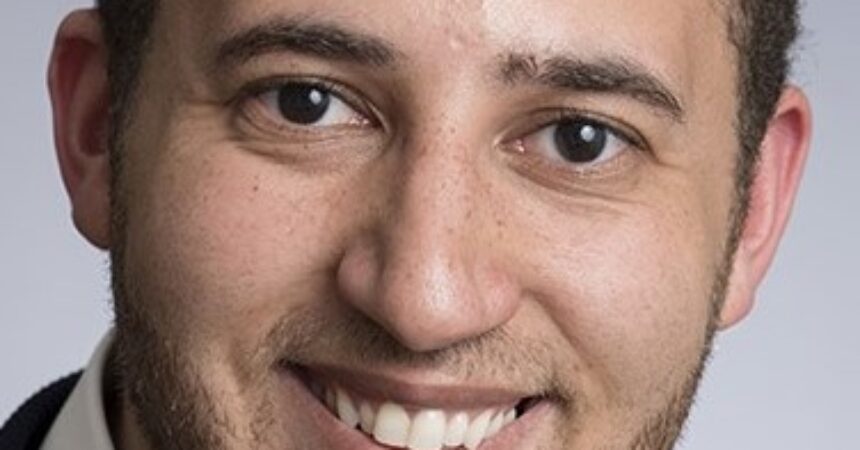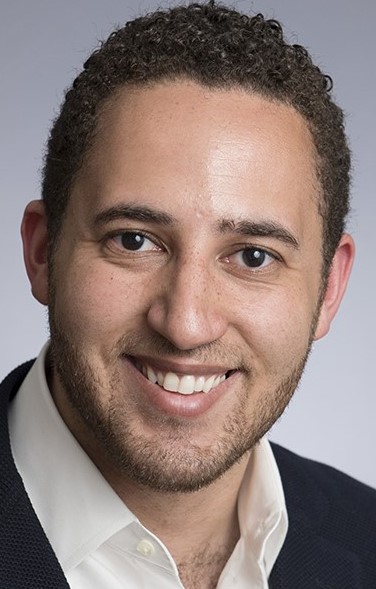
Time to fight back against censorship

Every year, the American Library Association unveils its list of the top 10 most-challenged books for the previous year.
And this year, Number One is the same as last year’s Number One: the book “Gender Queer,” by Maia Kobabe. Other books that achieved this distinction were Toni Morrison’s classic “The Bluest Eye,” “All Boys Aren’t Blue” by George M. Johnson, and other titles dealing with race, gender identity, sexuality and coming of age – in other words, real life.
This year’s list also follows the Association’s announcement that demands to censor library books reached 1,269 last year – nearly doubling demands from the previous year. That’s a record high in all the years since ALA began compiling data more than 20 years ago. And because censorship demands now often include numerous books, a record-high number of individual titles made the list of targeted books last year: 2,571. The ALA says of those, the vast majority were written by or about people of color or the LGBTQ community.
This is a tragedy for students, and not just students who come from the communities the censors want to silence. Those students lose the sometimes life-saving experience of seeing themselves in a story and knowing they are neither abnormal nor alone. Meanwhile, all students grow up knowing less about the world. Censorship stunts their intellectual growth.
Art Spiegelman is the creator of “Maus,” a Pulitzer Prize-winning graphic novel that depicts his family’s experience of the Holocaust – and is frequently targeted by censors. His experience as a target of censors has made him a leading activist against book banning, and he believes the answer to the book-banning craze is to get involved in local politics – including school board elections, where the battles over censorship are waged. Spiegelman made it clear in a recent CBS News interview that he recognizes the right of a parent to say their own child can or can’t read a book, but to make that decision for other parents’ kids is “suppression and authoritarianism.”
Spiegelman’s position seems entirely reasonable to me. We can honor the rights of individual parents to make decisions about their kids’ exposure to books, art and other cultural materials without mandating decisions for everybody else. That seems like rational ground we should all be able to occupy.
But rationality left the room a while ago when it comes to the Far Right’s attacks on the freedom to learn. The main group leading the charge on banning books, Moms for Liberty, has become something akin to a terrorist organization. Reports now abound of group members carrying out harassment campaigns in their communities, calling for librarians to be shot and making unfounded public accusations of child abuse and pedophilia against their perceived “enemies.” The group has also become a significant force in Republican politics. And it’s growing.
All of which makes it intimidating to think about getting involved in school board politics if you want to fight censorship. And that’s exactly the point.
What we need now are not just brave and principled people on school boards, but also bigger, more powerful organizations that are willing to support them.
The organization I lead, People For the American Way, has a cadre of school board members in our Young Elected Officials network. We are engaged in outreach to these folks, especially in states that are hotbeds for book banning like Florida and Virginia. We’re asking them what they need, including on the security front. We want to empower them to stay in their roles because we need them more than ever to stand up to the onslaught of groups like Moms for Liberty.
If the American Library Association’s findings are any indication, this is just the start of a new struggle for the freedom to learn, one that hasn’t yet reached its peak. We owe it to the next generation not to stand on the sidelines; please think about how you can help.
Svante Myrick is President of People For the American Way. Previously, he served as executive director of People For and led campaigns focused on transforming public safety, racial equity, voting rights, and empowering young elected officials. Myrick garnered national attention as the youngest-ever mayor in New York State history.







